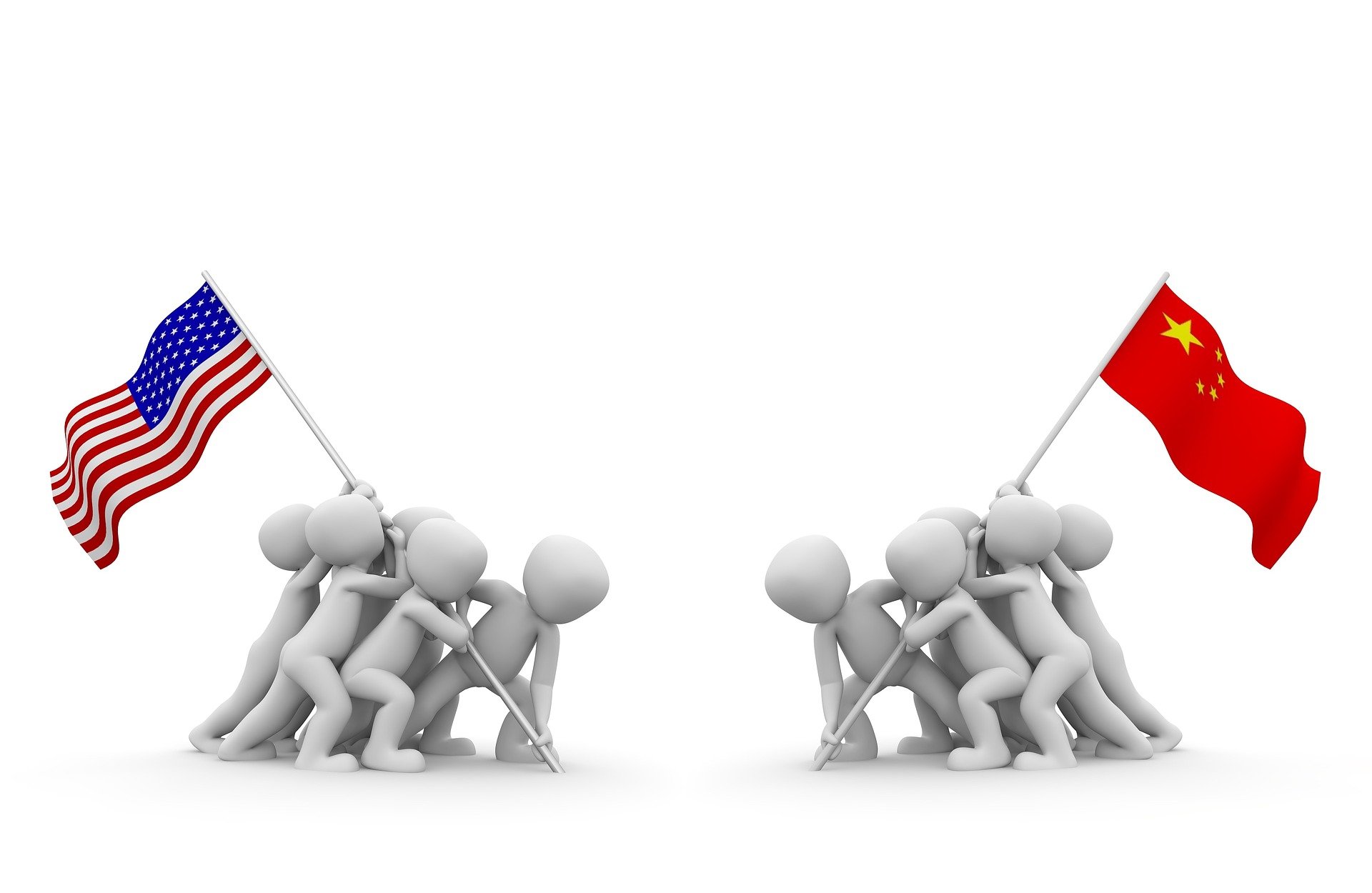In a major escalation of commerce tensions, the USA authorities has formally introduced a staggering 245% tariff on a broad vary of imports from China. This determination, unveiled by Treasury Secretary Janet Yellen throughout a press briefing earlier right now, goals to handle longstanding issues concerning unfair commerce practices, forex manipulation, and mental property theft.
The quick implications of this tariff are profound. Analysts predict that U.S. customers will face elevated costs on numerous items, starting from electronics to textiles, as American corporations grapple with the rising prices of imported merchandise. Economists warn that this might probably result in inflationary pressures, additional complicating an already fragile financial local weather post-pandemic.
In response, China’s Ministry of Commerce expressed sturdy disapproval, asserting that this transfer violates commerce agreements and undermines world financial stability. Chinese language officers emphasised their readiness to retaliate, which may escalate right into a protracted commerce conflict that impacts companies and customers in each nations.
Trade leaders within the U.S. have voiced combined reactions to the announcement. Whereas some see it as a crucial step to guard American employees and promote home manufacturing, others worry the inevitable repercussions on provide chains and employment in sectors closely reliant on Chinese language imports.
Because the state of affairs develops, stakeholders within the worldwide commerce neighborhood are intently monitoring the potential ripple results of this unprecedented tariff. The U.S. administration has indicated that it stays open to negotiations, however the imposition of such a excessive tariff underscores a dedication to a extra aggressive stance towards perceived commerce injustices.





